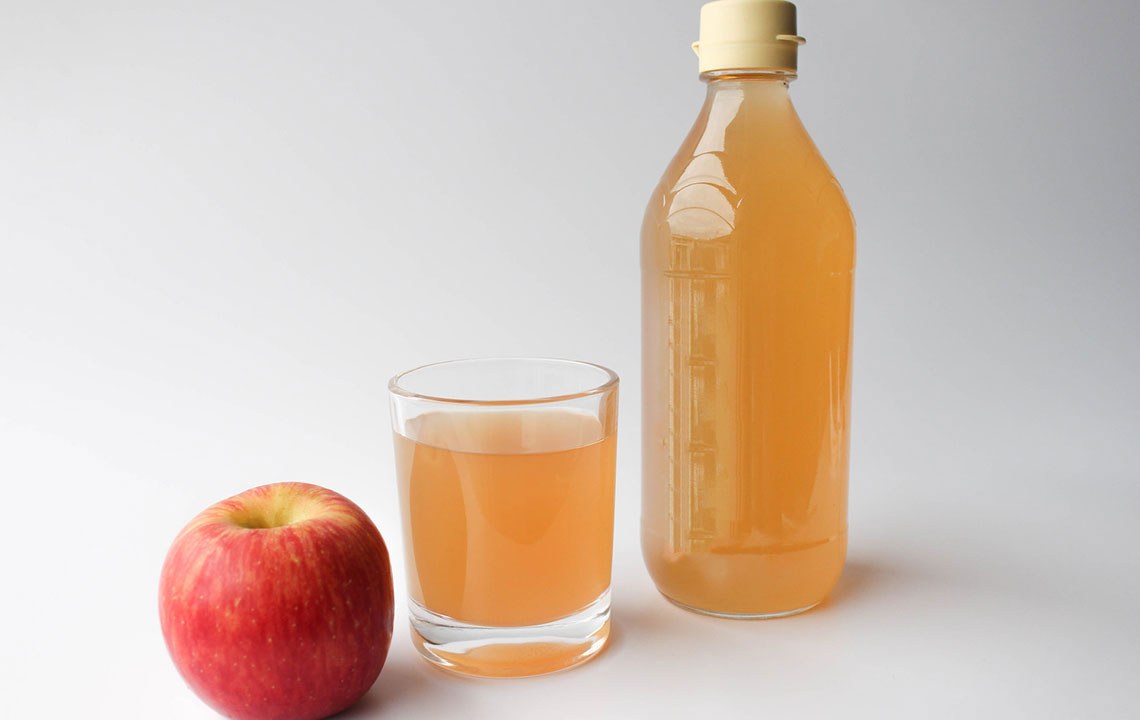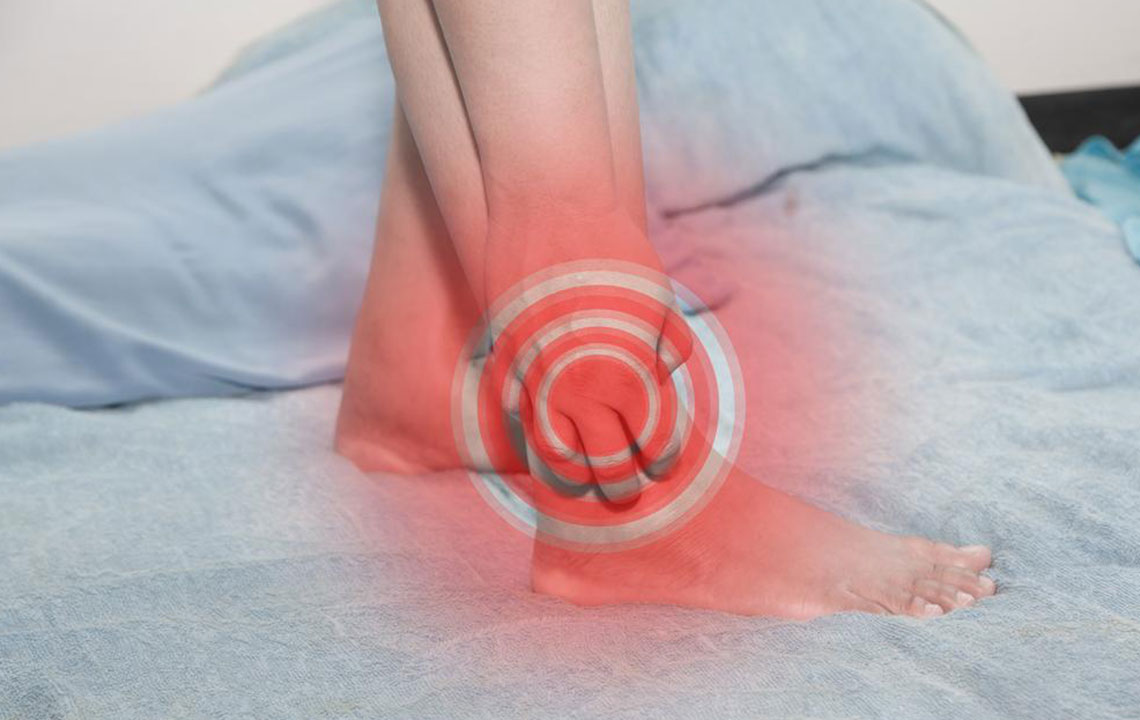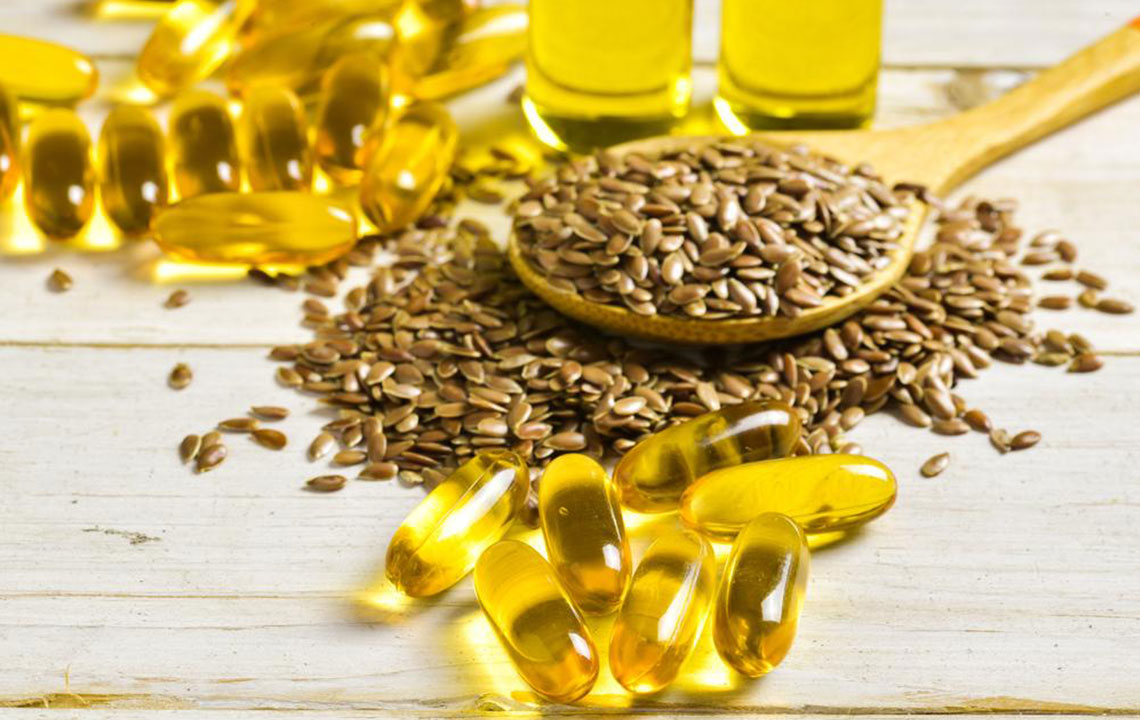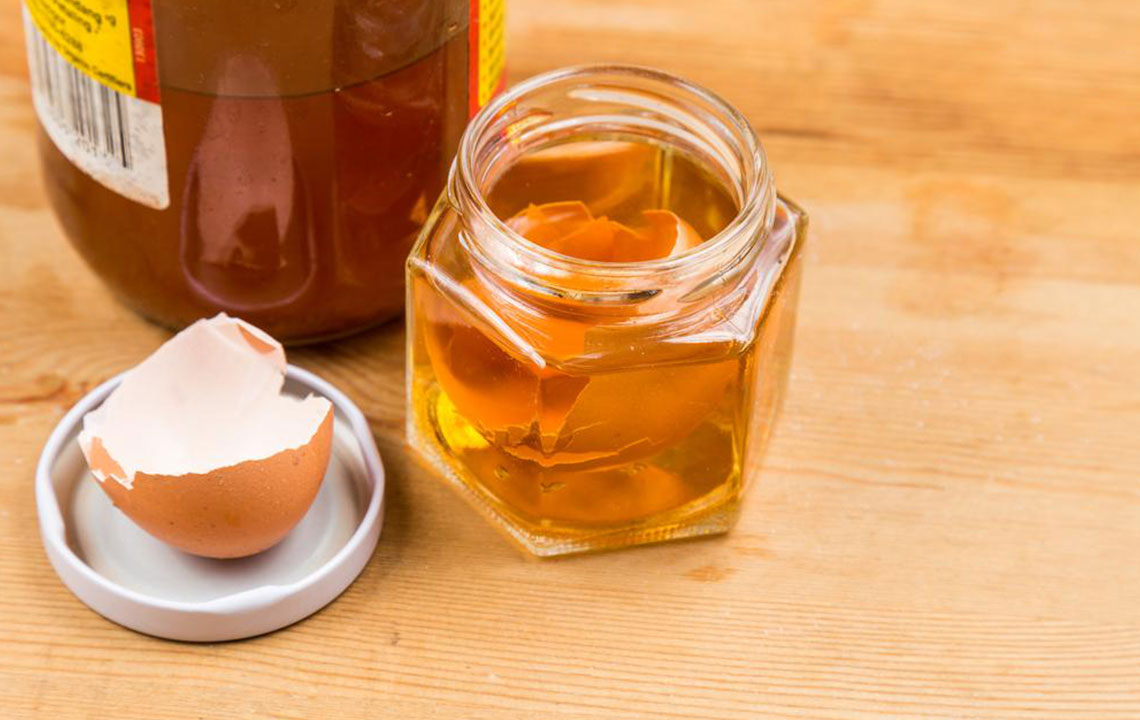Comprehensive Home Remedies to Alleviate Gout Pain Naturally
Discover effective natural remedies for gout relief at home. From mustard oil with camphor to Epsom salt soaks and ginger applications, this comprehensive guide offers practical, safe strategies to reduce inflammation, pain, and uric acid levels. Learn how to incorporate these remedies into your daily routine for better joint health and fewer gout attacks, complemented by diet and lifestyle tips for optimal results.

Effective Natural Approaches to Relieve Gout Discomfort at Home
Gout is a debilitating joint condition characterized by sudden and severe attacks of pain, swelling, redness, and tenderness, often affecting the toes, particularly the big toe. It occurs when the body exhibits an excess of uric acid, which forms sharp crystals depositing in the joints, leading to intense inflammatory responses. While pharmaceutical treatments are widely used, many individuals seek natural and home-based remedies to manage and alleviate gout symptoms effectively. This detailed guide explores a variety of natural strategies, including traditional ingredients and practical practices, that can provide relief from gout discomfort and improve overall joint health.
Understanding gout and its causes is essential to adopting successful management strategies. Gout is closely linked to diet, lifestyle, and genetics. High-purine foods such as red meats, shellfish, alcohol, and sugary drinks can increase uric acid levels. Conversely, incorporating anti-inflammatory ingredients and lifestyle modifications can significantly reduce the frequency and severity of gout attacks.
Next, we delve into scientifically supported natural remedies and home practices, emphasizing safety and consistency for lasting relief. From herbal infusions to topical applications, these methods complement medical advice and promote healthy joint function.
Implementing natural remedies at home offers a holistic approach to managing gout. These methods are accessible, affordable, and free from many side effects associated with pharmaceutical options. Let’s examine some powerful natural ingredients and practices to soothe inflamed joints and control uric acid levels.
Mustard Oil and Camphor Mixture
Mustard oil is renowned in traditional medicine for its anti-inflammatory properties, largely attributed to compounds like allyl isothiocyanate. When combined with camphor, a natural compound celebrated for its analgesic and anti-inflammatory effects, this mixture becomes a potent topical remedy. The warmth from the oil application enhances circulation, easing joint stiffness.
Preparation and Application:
Pour one cup of pure mustard oil into a clean container.
Add approximately 10 grams of high-quality camphor crystals.
Warm the mixture gently over low heat until the camphor fully dissolves, ensuring the oil does not overheat to prevent degradation of its beneficial properties.
Allow the mixture to cool to a comfortable, lukewarm temperature.
Before application, do a patch test to avoid allergic reactions.
Apply generously to the affected joints using gentle massage in circular motions.
Repeat this process 1-2 times daily or as needed, particularly during flare-ups.
This natural remedy may help reduce swelling and pain associated with gout, promoting quicker recovery.
Epsom Salt Soak
Epsom salt, chemically known as magnesium sulfate, has a long-standing reputation for easing muscle pain and joint inflammation. When dissolved in warm water, magnesium ions penetrate the skin, helping to lower inflammation and relax tense muscles.
How to Use:
Fill a footbath or bathtub with warm water, enough to fully submerge your feet or affected area.
Add half a cup of Epsom salt for each soaking session.
Stir gently until completely dissolved.
Immerse the affected foot or joint for 20-30 minutes, ideally daily or several times a week.
For an enhanced calming effect, add essential oils such as lavender or eucalyptus.
This simple routine can significantly reduce acute gout pain and foster joint detoxification and healing.
Ginger Root for Anti-Inflammatory Relief
Ginger has been utilized in traditional Chinese and Indian medicine for centuries due to its potent anti-inflammatory and antioxidant properties. It contains compounds like gingerol that inhibit inflammatory pathways and provide pain relief.
Application Methods:
Prepare a ginger paste by boiling 1 tablespoon of freshly grated ginger in 1 cup of water.
Blend or mash the boiled mixture to form a smooth paste.
Soak a clean cloth or gauze in the warm ginger infusion.
Apply the warm cloth directly to the inflamed joint for 15-30 minutes to reduce swelling and soothe pain.
If irritation occurs, discontinue use and opt for ginger tea as an internal remedy.
Consume ginger tea 2-3 times daily, especially during gout flare-ups.
For quick relief, wrapping an ice cube in a cloth and applying it for short periods can temporarily diminish inflammation, but it should not replace consistent herbal or dietary management.
Integrating ginger into your diet—such as adding fresh slices to meals or drinking ginger-infused water—can help manage uric acid levels and decrease attack frequency. Additionally, maintaining hydration, reducing purine-rich foods, and increasing intake of cherries, bananas, and other natural uric acid reducers are beneficial.
In summary, natural home remedies provide a comprehensive, gentle approach to managing gout discomfort. When combined with a balanced diet, proper hydration, and regular exercise, these strategies can lead to sustained relief and better joint health over time. Always consult with a healthcare professional before initiating new treatments, especially if you have other health conditions or are on medication. Consistency is key—adopting these natural methods can help you regain comfort and mobility, minimizing reliance on pharmaceuticals and enhancing your quality of life.





